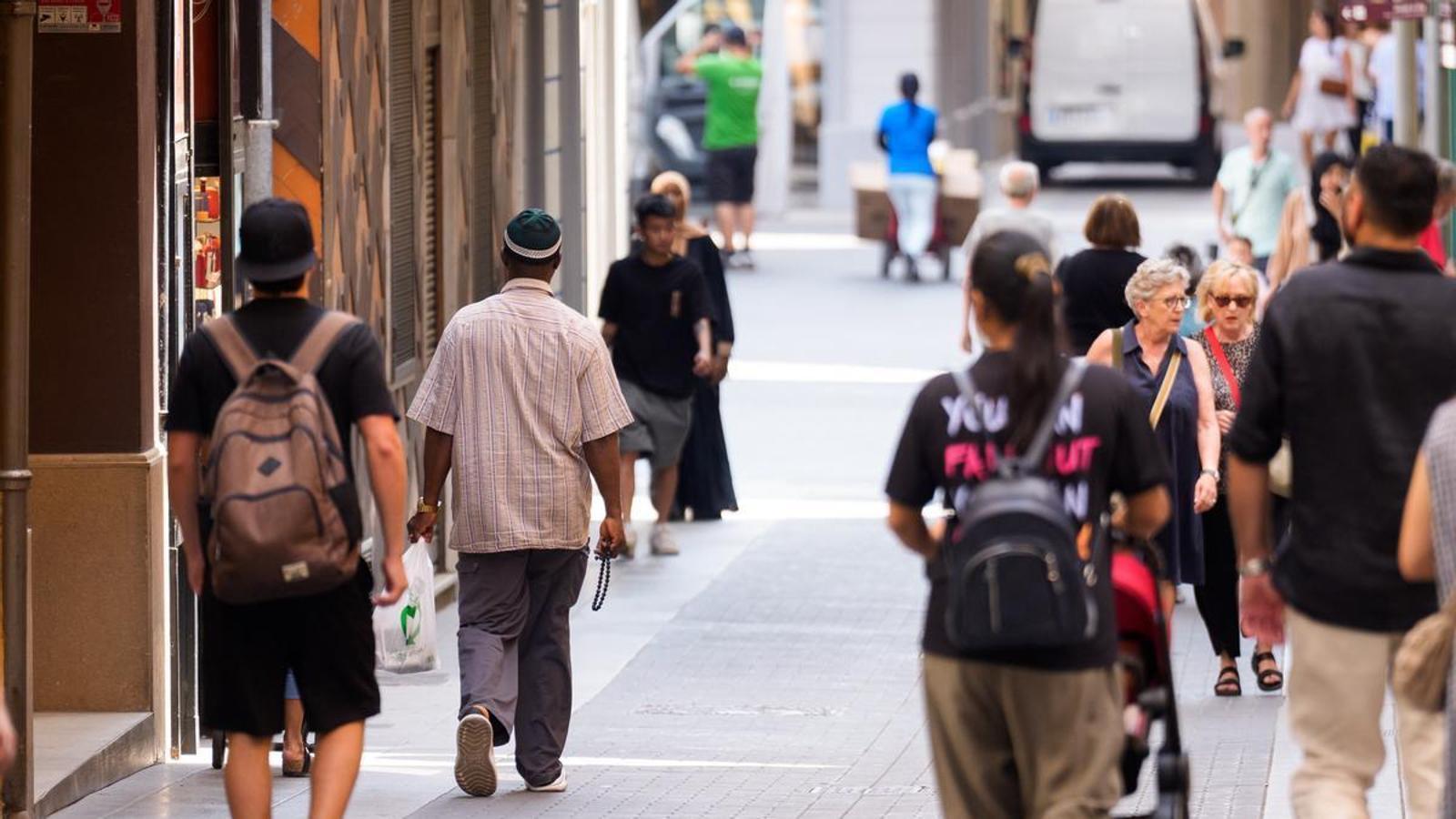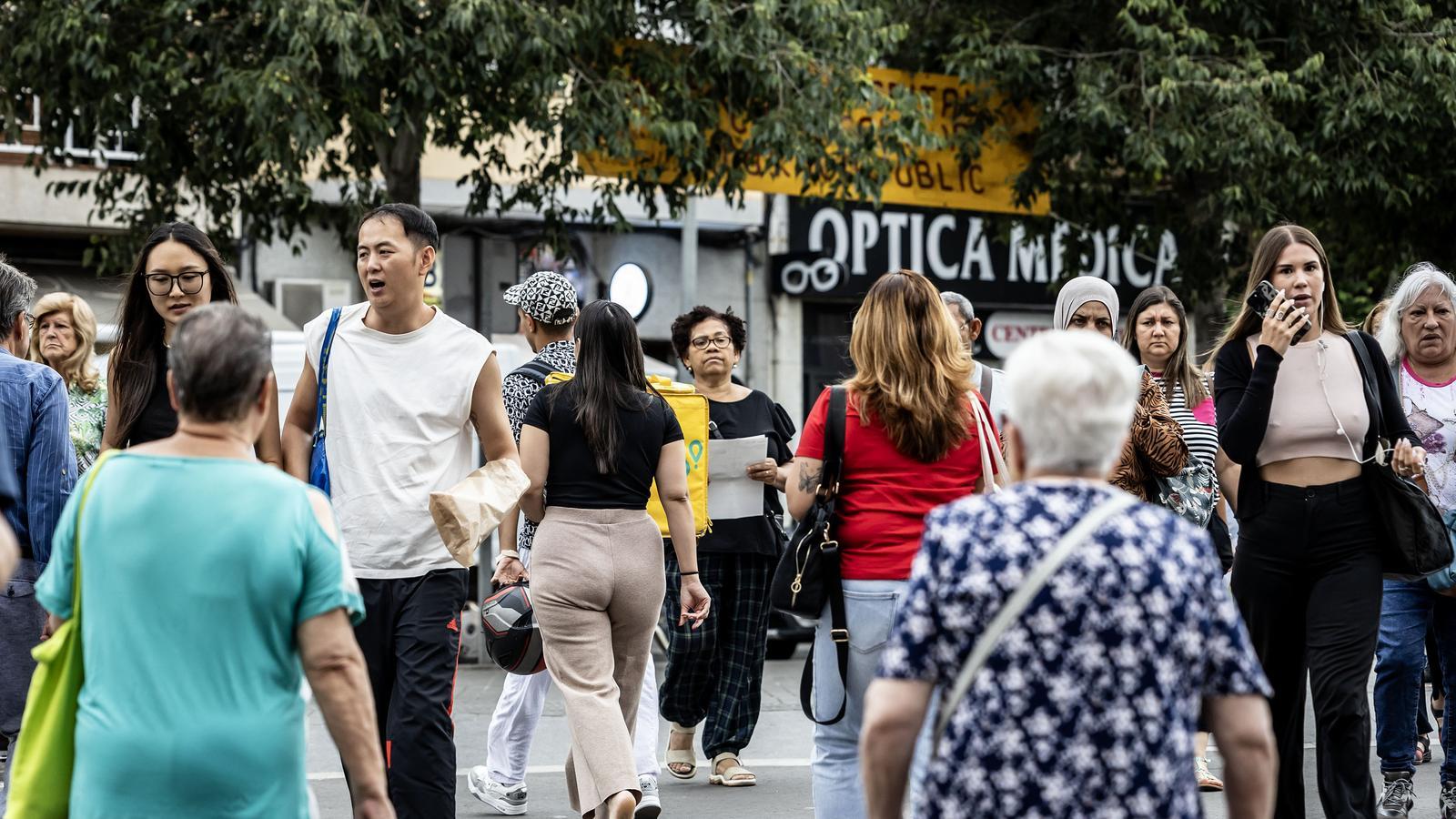Torre Pacheco: a Molotov cocktail announced


The hunting The immigrant riots in Torre Pacheco are yet another example of the monstrous effects of hate speech promoted by the far right and fueled by social media. Cases are multiplying across Europe: in recent months alone, extremely violent xenophobic riots have occurred in the United Kingdom, Ireland, France, Germany, and Italy. But it would be a mistake to think that the far right is to blame. Torre Pacheco is the effect of a Molotov cocktail brewed over a slow fire.
The first flammable ingredient in this cocktail is economic. With the creation of a single European market in the 1990s, Torre Pacheco became the capital of the export-oriented agro-industrial economy of the Campo de Cartagena region. Made in Spain, which also includes Almería and Huelva, generates millions in profits year after year. But it's clear to everyone that it's an unsustainable model. This is so in environmental terms. And it is so in social terms, since it depends on the precarious and precarious labor of migrant workers. Their working and living conditions are the bitter side of the tomatoes, peppers, and zucchini we eat.
Unsustainable model
In that sense, Torre Pacheco is not a symptom of changing times, as some have argued. This model has been developing for decades, and its consequences have been familiar to us for some time. The racist incidents in El Ejido in February 2000 were an early warning. At that time, for a few days, there was also a "Moor hunt." At that time, images of fires and destruction also caused great commotion. It was already concluded that so much misery and segregation could bring nothing good. Twenty-five years later, not only has the situation not improved, but it has actually worsened. The conditions imposed by large supermarket chains, with low prices and rising costs, have made the poorly paid labor of migrant workers an even more structural and necessary element for the sector's survival.
What has changed since the El Ejido incidents is that we no longer speak of immigrants but of their sons and daughters. This is where the second flammable ingredient of that Molotov cocktail comes in. The so-called "second generations" are from here, which means they refuse to accept the absolute precariousness their parents experienced. Furthermore, they are constantly labeled as outsiders, which translates into daily situations of discrimination, segregation, and social contempt. Neither school nor job placement contributes to social integration. The result is more poverty, a greater risk of exclusion, more unemployment, and more school dropouts.
Degraded neighborhoods
All of this has two consequences. The first is that, under these conditions, certain neighborhoods have become degraded. For some young people, petty theft or drug trafficking may end up being seen as an alternative. Despite being a tiny fraction of cases, the effects on perception and media discourse are not minor. In this sense, we should not disregard the issue of security, which is important and affects everyone equally. The second consequence is frustration: they have been told they are full citizens, but in practice, they are not. Some time ago, Andreu Domingo and Jordi Bayona warned in this regard: diary that the suburbs French are not so far away from us.
The third ingredient in this Molotov cocktail is also new with respect to the El Ejido incidents and has to do with the far right. This has been discussed more. Torre Pacheco is an example of how the far right parasitizes and fuels unrest in order to extract votes. It doesn't necessarily have to originate locally. They land wherever a spark jumps and turn it into a fire. Torre Pacheco also highlights why the far right's communication strategy often ends up prevailing: the simple but insistent content of the message and the masterful use of social media make them difficult to match in a world where lies are increasingly indistinguishable from the truth.
The three highly flammable elements combine in Torre Pacheco, but they are also very present here in Catalonia. The sparks from Salt, Mataró, or, more recently, Piera don't bode well. We urgently need to confront it, because we're already late. This means "rearming ourselves with words," because we're losing the battle of the narrative. It's also important not to obsess over the far right, because the first two elements of this Molotov cocktail are fundamental and have nothing to do with them, but with us. And finally, it calls for a collective response, based on a firm alliance between administrations, the third sector, civil society, the media, academia, and each and every one of us without exception.



